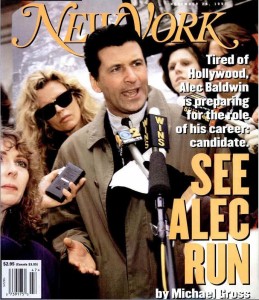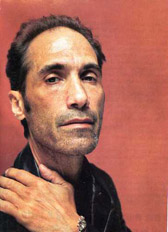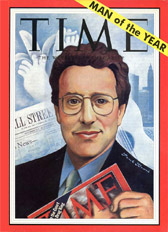In a provocative post on his literary web site, The Valve, William Benzon compares Shakespeare’s King Lear to the tragedy of Brooke Astor and her son, Anthony Marshall, both former trustees of the Metropolitan Museum of Art who experienced what can be gently termed image issues in old age. “In the end Anthony Marshall was sacrificed in a magical effort to maintain the Astor myth at face value,” Benzon concludes. “It’s as though Whomever was trying to deny Brooke Astor’s mortality, and her dementia, by insisting [that] Marshall did her in — there were, for example, unsubstantiated rumors [of] urine-stained sheets — or, at any rate, he despoiled her surrogate, the estate. If The Son can be painted Evil Black, then She and We (oh yes, We) can paint ourselves the purest Immortal White. We can come to the rescue of one whom we had anointed to Rescue Us. What a grand fantasy! And what a dismal implosion it caused.” Then, drawing a parallel between Heaven and the Immortal White We of what passes for New York Society, Benzon cites the folly described in the concluding couplet of Shakespeare’s 129th sonnet:
This the world well knows; yet none knows well
To shun the heaven that leads men to this hell.
Read the rest of “Mrs. Astor and King Lear” here.










